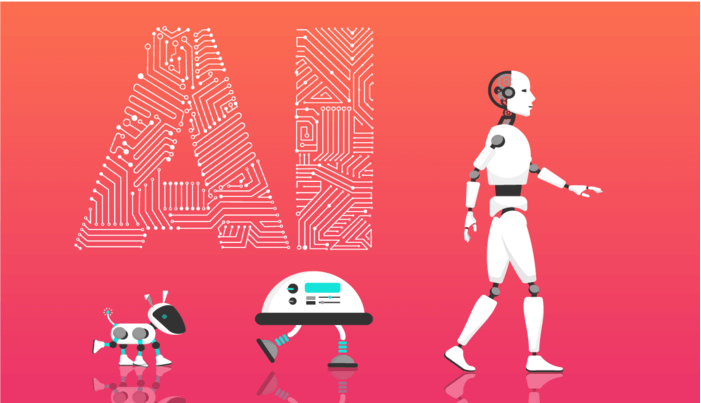Source – marktechpost.com
The level of technological advancement and adoption of Artificial Intelligence in different business industries is incredible. Every firm is striving to integrate machine learning and smart services to enhance and boost production. There is more to business in 2018 than the conventional marketing techniques; apart from e-commerce where most transactions and purchases are made online, AI is rising in all nature of businesses. Top companies like Google, Microsoft, and Amazon are pushing for the implementation of different aspects of AI in business.
In 2017, the hype was more on Deep Learning and Machine Learning. The year goals and rise in technology were beyond expectation; the fact that international business is the trend and expectation for success in any niche, all firms are investing and adopting some technology. Also, firms were striving to reduce expenses concerning wages and salaries by replacing employees with machines.
In 2018, here are some of the AI trends to read:
Moving towards automated machine learning
Data analysis is a huge task for scientists working in different niches. It takes time and brains to rack market elements and advising companies on the best techniques and decision that will distinguish it from other firms in the market. The business industry is all about competition; if you are not ready to learn new tactics every day, then the business might not be for you. Data scientists have to identify possible challenges in the niche and find possible solutions that not only improve a business’ revenue but also improves its market position for several months. Reputation is crucial in business; some customers are only drawn by the popularity of a company name.
In 2018, the shift from machine learning to the automation of analysis and decision-making is simplifying the process. Google, for instance, has recently launched AutoML that enhances speed and accuracy in cloud computing.
Machine learning in cloud computing
Initially, cloud computing was more towards data storage but now it is more than storing data. Cloud computing hosts the commands and machine learning tools. It provides a cloud environment for analyzing and training models to works as per the required design and structures of a machine. It has provided machine learning as a service where data scientists can use analytical method directly on the cloud to get faster results.
Deep learning leading
Deep learning is a subset of machine learning. There is more to it than machine learning and integration of aspects of technology with different business settings using neural networks to perform machine learning tasks. Deep learning has a lot of applications in computer vision, natural language processing, and speech recognition.
Hybrid learning models
Deep learning based neural networks like GANs or DRL has shown great performance and application on various datasets. But deep learning networks do not model uncertainty as Bayesian or similar methods does. A hybrid model of neural networks can bring dual efficiency and strength utilizing each of the two. Bayesian GANs is one such example for the Hybrid model.
Capsule networks
Capsule networks are a new type of deep learning networks that imitate the human brain in processing visual information. Capsule networks are also able to consider spatial hierarchies between simple and complex objects which was not included in convolutional neural networks. Hence capsule network has better performance with fewer errors.
Black Box Solution
It is important to understand the reason why an algorithm failed in taking a right decision. This becomes more crucial when it comes to regulated industries like pharma, biotech, medical diagnostics. Hence AI audit trails are very important to understand the insights how a black box algorithm reached a wrong decision.
